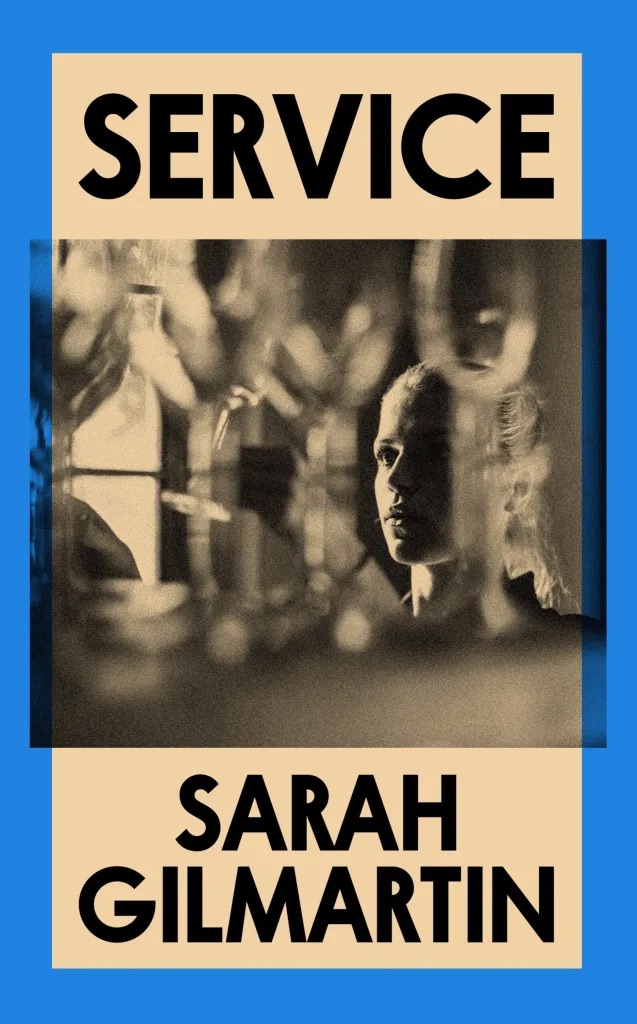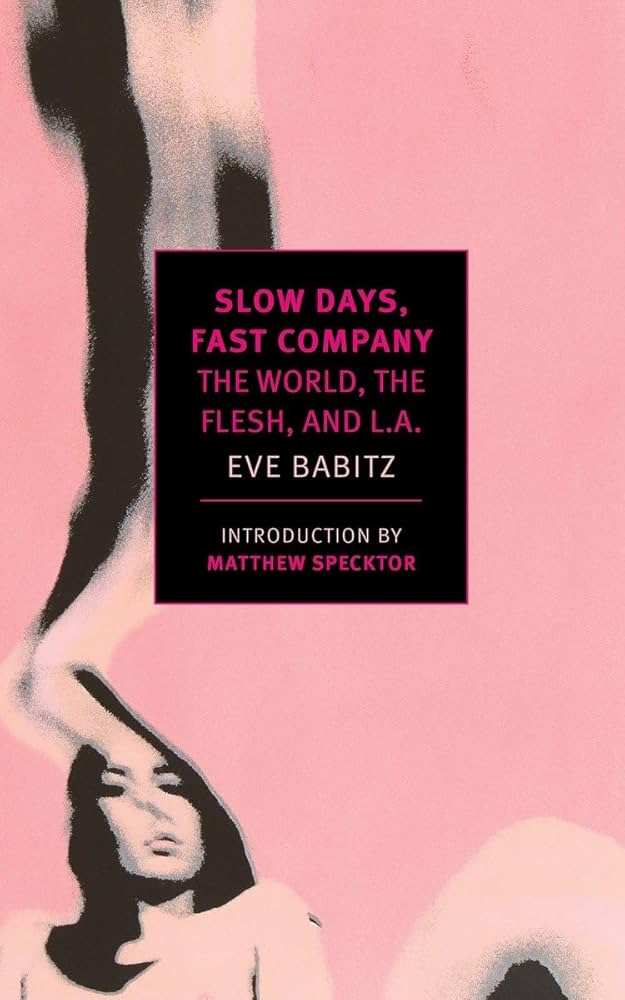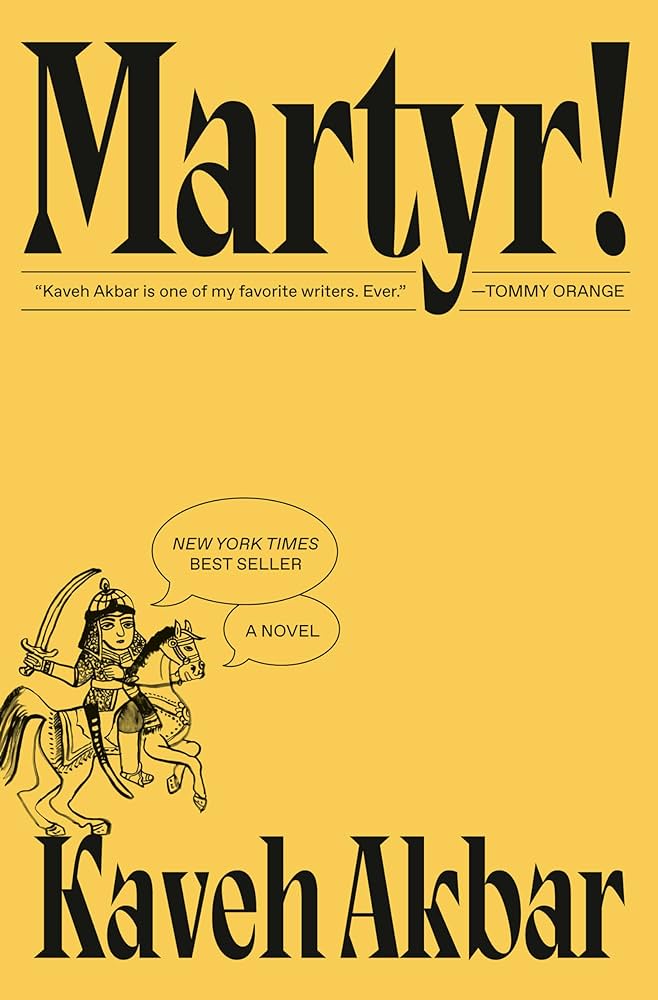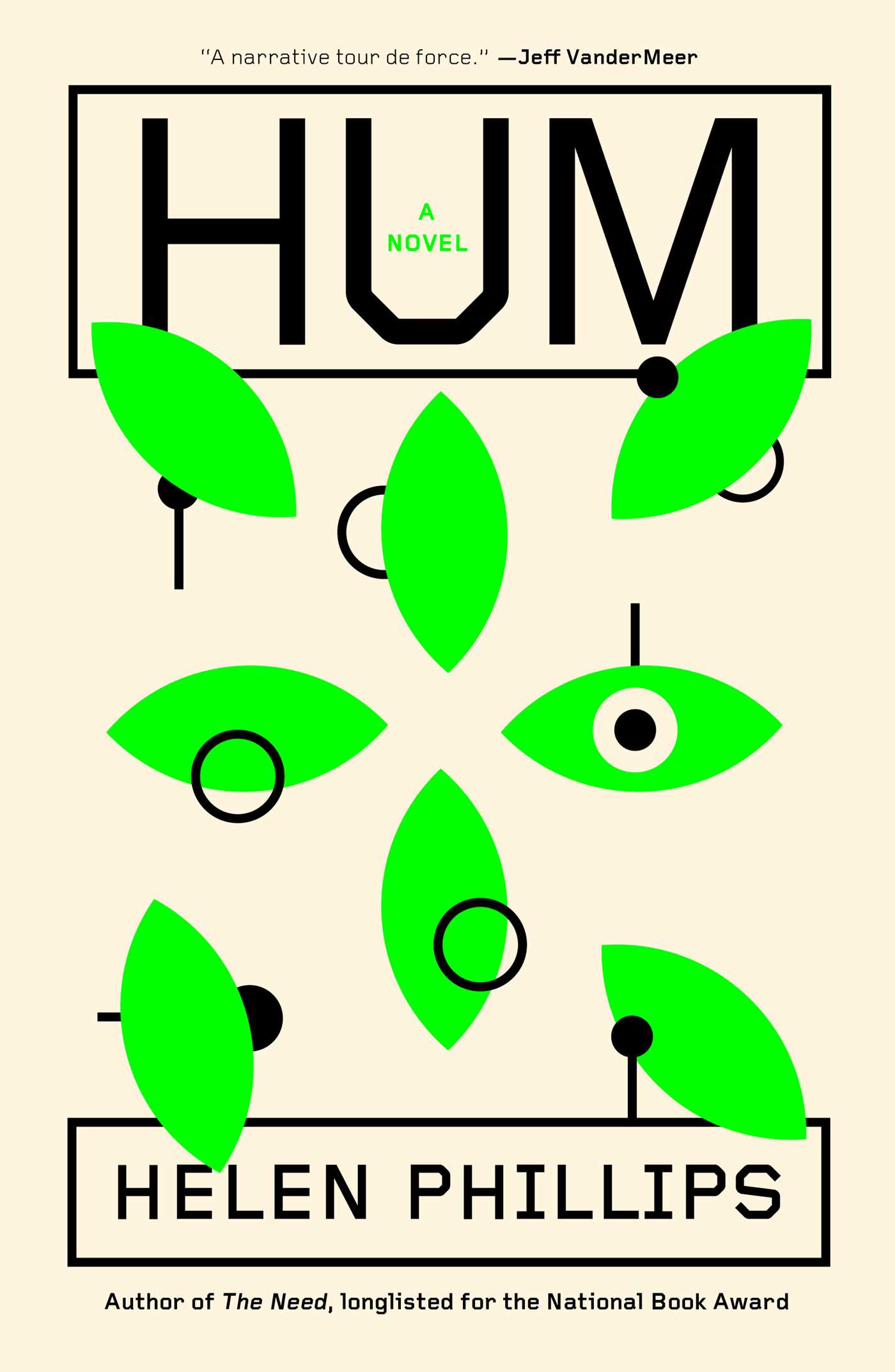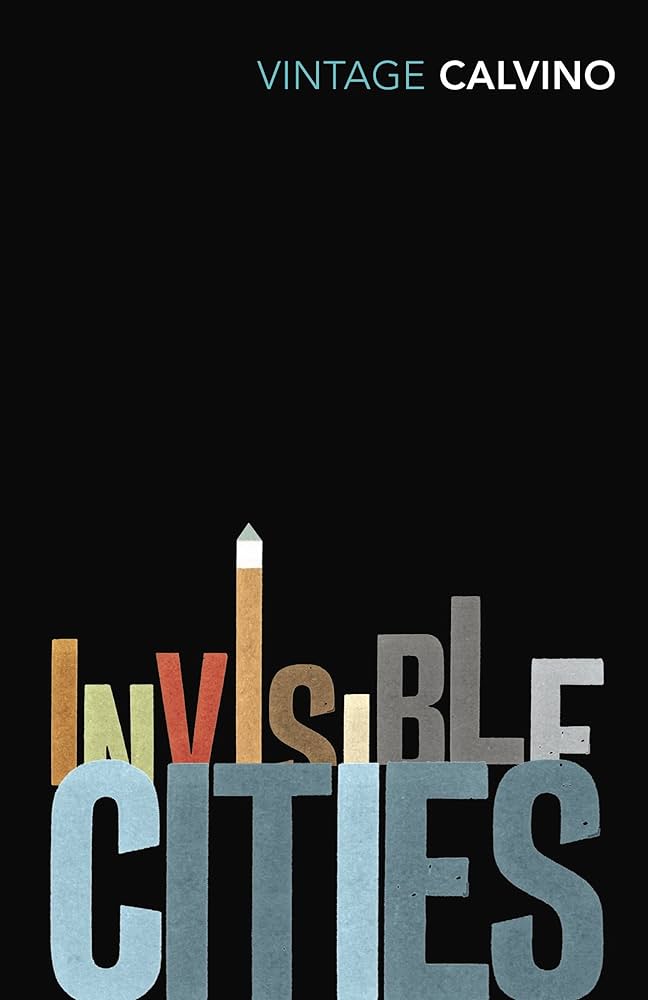It was his kitchen. He could say or do just about anything, though I don’t think I fully understood this until the end.
LitHub shared a lengthy excerpt from Service (about half of the first chapter) when it was released in North America a few months ago. It’s loaded with tension and foreshadowing, but only scratches the surface of Sarah Gilmartin‘s intense, complex, and outstanding novel. It’s quite the coincidence I read this as I was learning about poet and musician Emmeline, as her award-winning spoken word piece was echoing in my head throughout this novel:
Service is a story told from three perspectives: Hannah, the former server at the unnamed restaurant (referred to as ‘T’), Daniel, the genius head chef who has been charged with rape, and Julie, his wife and the mother of his two young sons. It tells their stories of the ten(ish) years between 2007 and 2017, between Ireland’s economic bust and the peak of #metoo.
It’s commonly referred to as a #metoo novel in the press coverage, but that barely occurred to me as I was reading it. It’s part courtroom drama, part (triple) character study, and part family drama. There is a lot of tension and some excellent twists in the story, but at the core, it’s about abuse of power, sexual and otherwise.
Gilmartin inhabits the minds of the three characters incredibly well. Hannah is full of shame and trauma — she’s been spinning her wheels since her own incident at T back in 2007, with a failed, half-hearted marriage, She’s asked to participate in the current rape trial and can’t. All of this brings back her own story, which snowballs with tension, to an upsetting climax.
Julie’s story is one of sacrifice – she worked hard while Daniel was starting out, and then gave it all up to raise the boys once he became successful. She’s not just conflicted about Daniel’s potential guilt, she’s unsure if she’s made the right choices along the way.
And then there’s Daniel – a narcissistic, short-tempered, entitled ass. He’s an old-school misogynist of the highest order, ever the victim of these scheming women. Gilmartin channels this character flawlessly, and every chapter spent in his head left me feeling slimy. At the same time, it’s familiar. I know men like this. I’ve heard much of what Daniel’s character believes articulated in the real world.
As the stories converge, the tension ratchets up both in Hannah’s 2007 timeline and in the 2017 trial. It’s riveting – I read the last half of the book in an afternoon, neglecting a bunch of chores.
It’s also an interesting glimpse into recent history in Ireland – sexual assault law, divorce, and privacy all factor into the plot in ways they wouldn’t if it took place in North America.
This is a great interview with NPR. Gilmartin goes into some of the specifics about Irish law and history. At about the 18:30 mark she talks about the construction of the novel — how the three voices differ (Daniel as first-person, self-centred, Hannah as first-person, backward looking, and Julie as first person, speaking to Daniel). I found it illuminating even after reading the book.
You should read this book.

